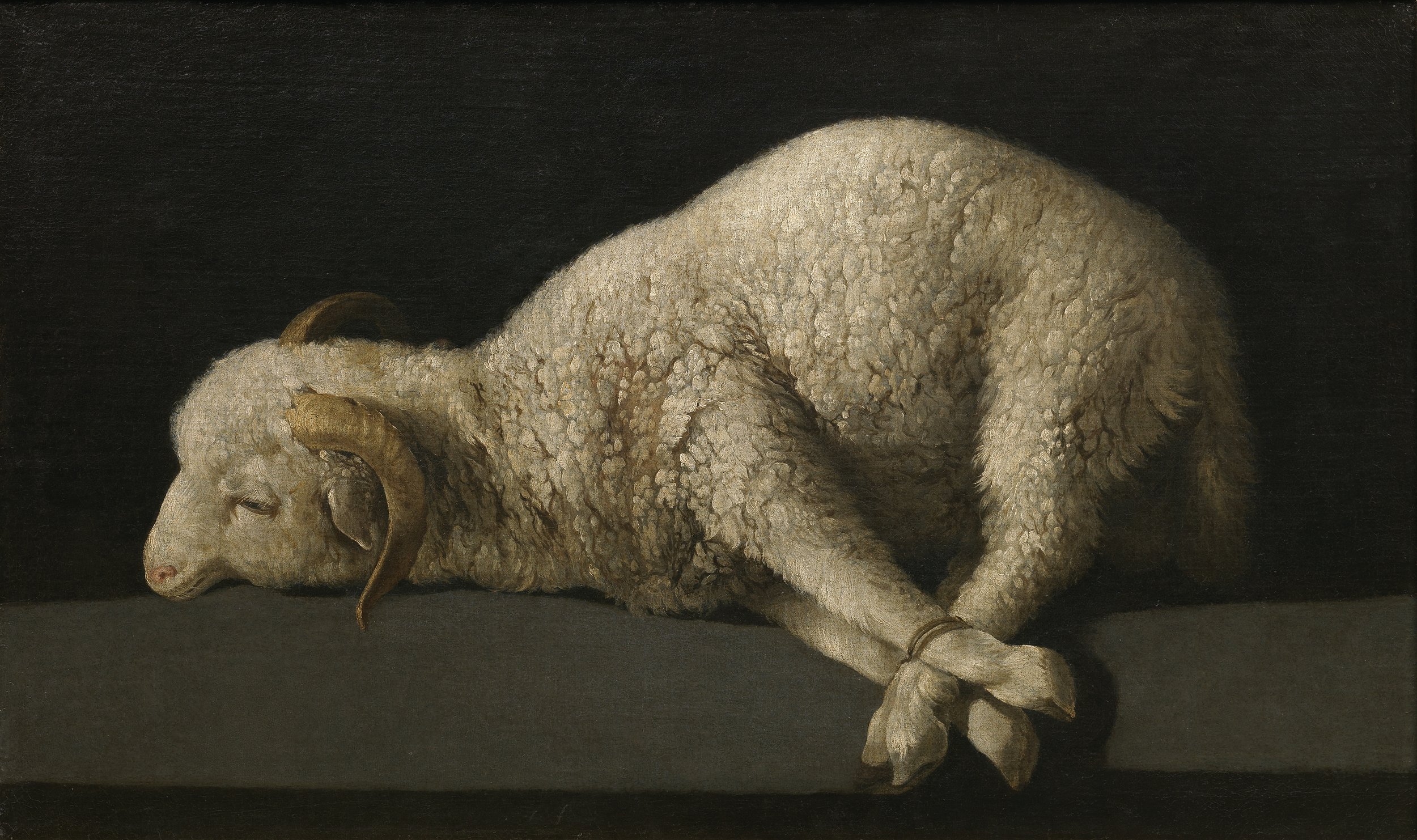Exodus 12 describes the origin of The Passover event. In Luke 22, we see how Jesus The Spotless Lamb of God is the true fulfillment of the Passover as he institutes the Lord’s Supper. In these passages, we see that following Christ means both looking back to the cross and empty tomb with gratitude, dwelling with him in present allegiance by faith, and looking forward with hope.
REFLECTION QUESTIONS
HEAD: QUESTIONS AIMED AT OUR MINDS TO HELP US UNDERSTAND GOD’S WORD.
What did you know about the Passover meal before reading these passages (or hearing the sermon)?
Exodus 12:3–13 contains a series of instructions for Israel to follow in preparing the Passover lamb. Why do you think God didn’t simply pass over the Israelite houses automatically? What do these instructions reveal about the way God extends salvation to his people?
What are some similarities between the Passover sacrifice and Jesus’ sacrifice? For clarification read John 19:36 (comparing Ex. 12:46) and 1 Peter 1:18–19.
HEART: QUESTIONS AIMED AT OUR AFFECTIONS TO HELP US LOVE GOD
What are some similarities between the Passover sacrifice and Jesus’ sacrifice? For clarification read John 19:36 (comparing Ex. 12:46) and 1 Peter 1:18–19. What does this teach us about the character of God?
What does a crucified Christ tell us about the nature of God’s love for sinners? How does this differ from a worldly/ secular understanding of love?
HANDS: QUESTIONS AIMED AT OUR HANDS TO HELP US LIVE FOR GOD (PERSONALLY, COMMUNALLY, AND MISSIONALLY)
The Apostle Paul says, “If in Christ we have hope in this life only, we are of all people most to be pitied.” (1 Cor. 15:19). Why is it so important to believe that Jesus died and was raised to life?
What practical meaning does the resurrection of Jesus have for your life right now? In the future?
Why was it important for Israel to remember and reenact the Passover event? What are some ways that we in the church remember and reenact our past?

